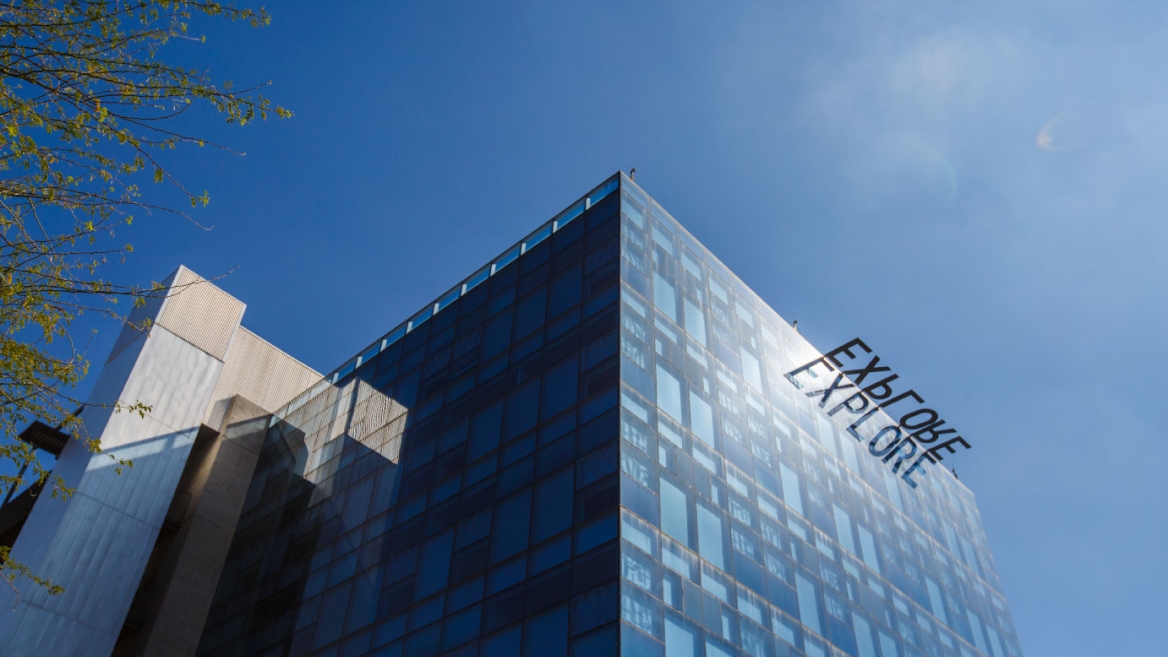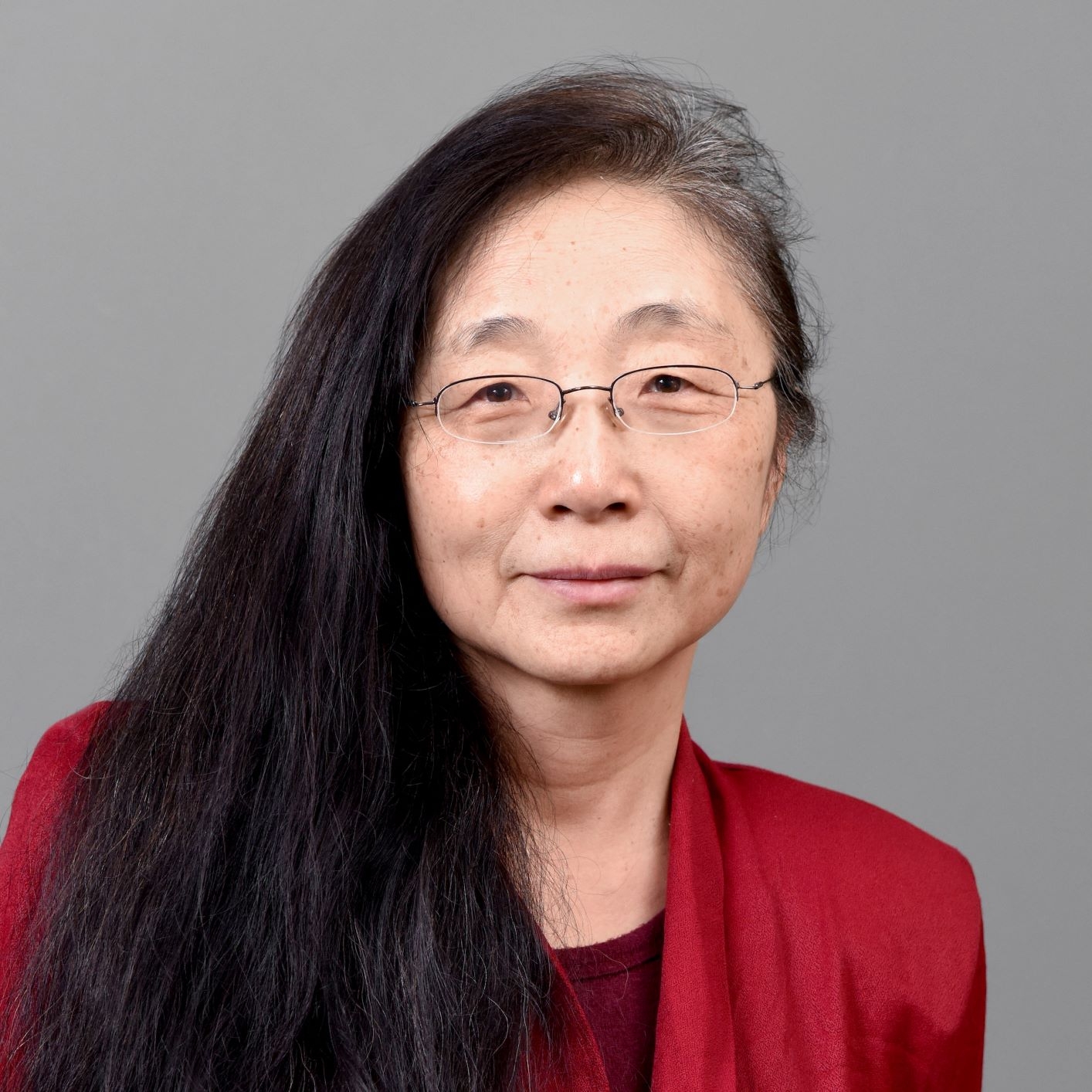
ASU geographers and urban planners support one another in the face of anti-Asian hate
By
—
As reports of anti-Asian hate crimes have escalated across the country in recent months, nearly two dozen students, faculty and staff in the School of Geographical Sciences and Urban Planning at Arizona State University gathered virtually to share their experiences facing anti-Asian discrimination and to provide support to one another.
Hosted by the school’s Justice, Equity, Diversity and Inclusion (JEDI) committee, the “Stop Asian American/Pacific Islander (AAPI) Hate” listening session was created to provide a safe space for students, faculty and staff in the wake of violence against Asian and Asian American minorities, including the Atlanta mass shooting in which a gunman killed eight people, six of whom were women of Asian descent.
“For a particular unit like our school, our JEDI committee felt a statement alone wouldn’t help people take a stance,” said Wei Li, professor in the School of Geographical Sciences and Urban Planning and the associate director of JEDI. “We need to hear from people, their own voices, what they’ve experienced, what they think we should do in terms of anti-racism and also how we can help each other to make a safe environment and the people in it feel comfortable to share what they think and what they experience.”
Siqiao Xie, a geography PhD student in the school, attended the session.
“I've been living in rather isolated conditions during the pandemic, and the recent rise of anti-Asian hate crimes and my own experience gave me a lot of mental pressure,” Xie said. “I really needed some support from my peers and an outlet for my emotions. I think this listening session was a very good opportunity.”
The listening session opened with a brief introduction by Li around the historical and contemporary context of anti-Asian racism in the U.S., then gave way to an open floor in which individuals spoke about their personal experiences with racial discrimination, anecdotes of hope, and stories of peers stepping in when confronted with racial hate. Together, the community of participants asked and addressed how they best could support one another.
“I was angry and saddened to hear about some of the experiences our students have had. At the same time, I was uplifted by stories of support and love in the face of hateful words and actions,” said Rebecca Reining, who attended the session and is a staff member in the school. “These spaces are important because they allow for an open sharing of ideas, without judgment. I think it’s important to offer these spaces without expectation. It isn’t the responsibility of Asian, Black or Latino individuals to do the emotional labor of educating the rest of us.”
As anti-Asian hate crimes rise, researchers act

Wei Li
In the past year, hate crimes against Asians and Asian-Americans have risen exponentially, in part because of widely used harmful and inaccurate rhetoric blaming Asians for the spread of COVID-19. More than 3,700 anti-Asian hate incidents in the U.S. were reported between March 2020 and February 2021, and in Phoenix alone, reported anti-Asian hate crimes rose by 50%.
Over that time, researchers across ASU’s School of Geographical Sciences and Urban Planning have been leveraging their academic expertise to examine whether and how Asian Americans are disproportionately under more risk during COVID-19 through a spatial and social science lens.
In a recently accepted research chapter co-authored by Xie, Li and Yining Tan, a geography PhD student in the School, the team analyzed Asian American social vulnerability, COVID-19 infections and deaths, and increased records of anti-Asian hate crimes across the U.S. during the pandemic to reveal and visualize associations and geographical patterns.
Additionally, in a separate study, Li, who also has a joint academic appointment in the School of Social Transformation, is collaborating with ASU researchers Angela Chia-Chen Chen, associate professor in the Edson College of Nursing and Health Innovation, and Karen Leong, associate professor in the School of Social Transformation, to conduct a series of studies that shed light into individual Asian experiences locally in the Phoenix metro during the pandemic.
In the group’s research, they interviewed and surveyed Asian and Asian Americans in three key constituent groups — minority nurses, college students and metro Phoenix community leaders — to better understand how individuals have been impacted by COVID-19 while simultaneously fighting stereotypes and negative stigmas within their daily lives.
By bringing these discrepancies and social vulnerabilities of Asian and Asian Americans to light, Li hopes to provide information to government and community stakeholders that can help guide resource allocation efforts for future planning.
“We hope to have these policy implications, so government agencies know where exactly a particular group of the vulnerable population need resources to prepare for a future pandemic and also to curb the spread of COVID-19 at present,” Li said.
A community moving forward together
The School of Geographical Sciences and Urban Planning is continuing to build on its efforts to strengthen its culture dedicated to inclusivity and equity by standing by its students, its faculty and its staff in meaningful ways.
The school recently was selected as a recipient of ASU’s Presidential Postdoctoral Fellowship Program and the university’s newly established Doctoral Student Cluster in Race, Place and Equitable Communities program, which together starting in fall 2021 will fund a total of four scholars of color — two postdoctoral fellows and two graduate students — in geography or urban planning over two years to help increase the diversity of the faculty and student body in the school.
Additionally, the school’s JEDI committee is working to implement actions to create an environment in which Black Indigenous People of Color (BIPOC) students, faculty and staff can feel supported and thrive. The JEDI committee is evaluating potential future training on implicit bias and anti-racism.
“Yes, we got this funding, we have the first cohort of BIPOC postdocs and graduate students coming together, but the work doesn’t stop there,” Li said. “If we don't continue to talk about race, if we don't do anti-racism work, when they come can we guarantee their success? Can they feel like they are truly welcome? Their experience matters. Their voice matters.”
In the immediate future, Li says that the school’s Stop AAPI hate listening session’s success is encouraging for the JEDI committee as they plan to host periodical “JEDI coffee hours” where the school’s community can openly and freely chat with peers in a safe space.
“We’re pleased about our listening session. It reinforced the JEDI committee’s thoughts that we need a safe space to allow people to be able to just speak up, just say what they feel, and for the rest of us to listen,” Li said. “That way we can better understand other people's experiences, be it individual or in a group, and collectively we can do something to keep making our school better.”
